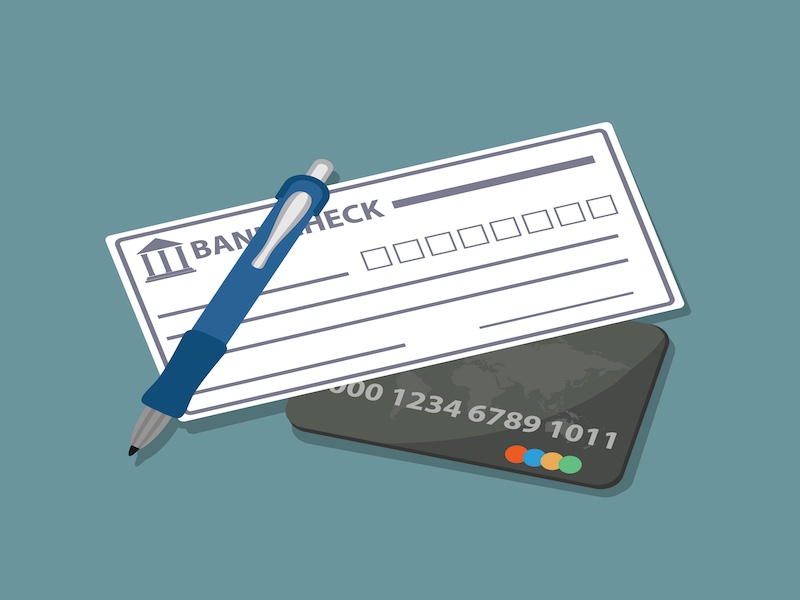A coalition of FinTech companies, merchants, and industry trade groups is calling on President Donald Trump to defend the Consumer Financial Protection Bureau’s (CFPB) open banking regulation, known as Rule 1033, as it faces mounting legal scrutiny. In a letter sent this week, the group urged Trump to affirm that consumers—not banks—should control access to their financial data.
The letter, backed by the American FinTech Council, the National Retail Federation, and other stakeholders, argues that open banking is critical to fostering competition and innovation. It warns that big banks are attempting to undermine progress by imposing high fees on FinTechs and data aggregators seeking access to consumer financial data—fees the letter says could restrict access to modern financial services.
“These large, incumbent banks are taking aggressive action to unwind the recent progress achieved under your administration,” the letter states. “These actions risk debanking Americans from the financial services of the future, all to protect big banks’ competitive advantage.”
The call to action comes ahead of a July 29 court deadline, when the federal government is expected to submit a key filing in the ongoing legal battle over the CFPB’s authority to enforce the open banking rule. The CFPB has signaled in previous filings that it views the rule as legally questionable, sparking concern among open banking advocates.
At the heart of the issue is consumer access to financial data, a cornerstone of open banking. The rule would gradually require financial institutions to share customer data through standardized APIs—starting with large banks in mid-2026, and extending to smaller institutions through 2030. Proponents argue this structure would unlock broader access to services such as personalized financial management, faster payments, and credit-building tools.
Yet cost concerns and data security responsibilities have sparked pushback from large banks. JPMorgan Chase has already announced plans to charge fees for third-party data access, and PNC is reportedly considering similar measures. During its Q2 earnings call, PNC CEO Bill Demchak echoed JPMorgan’s stance, stating: “There’s a big cost to keeping this data secure and producing it in a form that’s readable for our clients… We’re thinking about it.”
JPMorgan CEO Jamie Dimon reiterated support for customer data rights, but emphasized that sharing should be limited, time-bound, and transparent. “It just costs a lot of money to set up the APIs and run the system’s protection,” he said. “We think it should be done—and done right.”
Open banking adoption remains low in the U.S., with only 11% of consumers using such payment tools over the past year, according to PYMNTS Intelligence. However, interest is growing—46% of respondents said they would be highly willing to use open banking for bills and other financial services.
As banks weigh the financial and security implications of API infrastructure, FinTech leaders argue that charging for data access could erect new barriers and tilt the balance of power back toward entrenched financial institutions. The letter to Trump frames open banking as a test of his administration’s commitment to innovation and consumer choice.
“You have always stood for individual freedom and against entrenched interests that limit opportunity,” the coalition wrote. “Protecting consumer financial data rights is a direct extension of that vision.”




